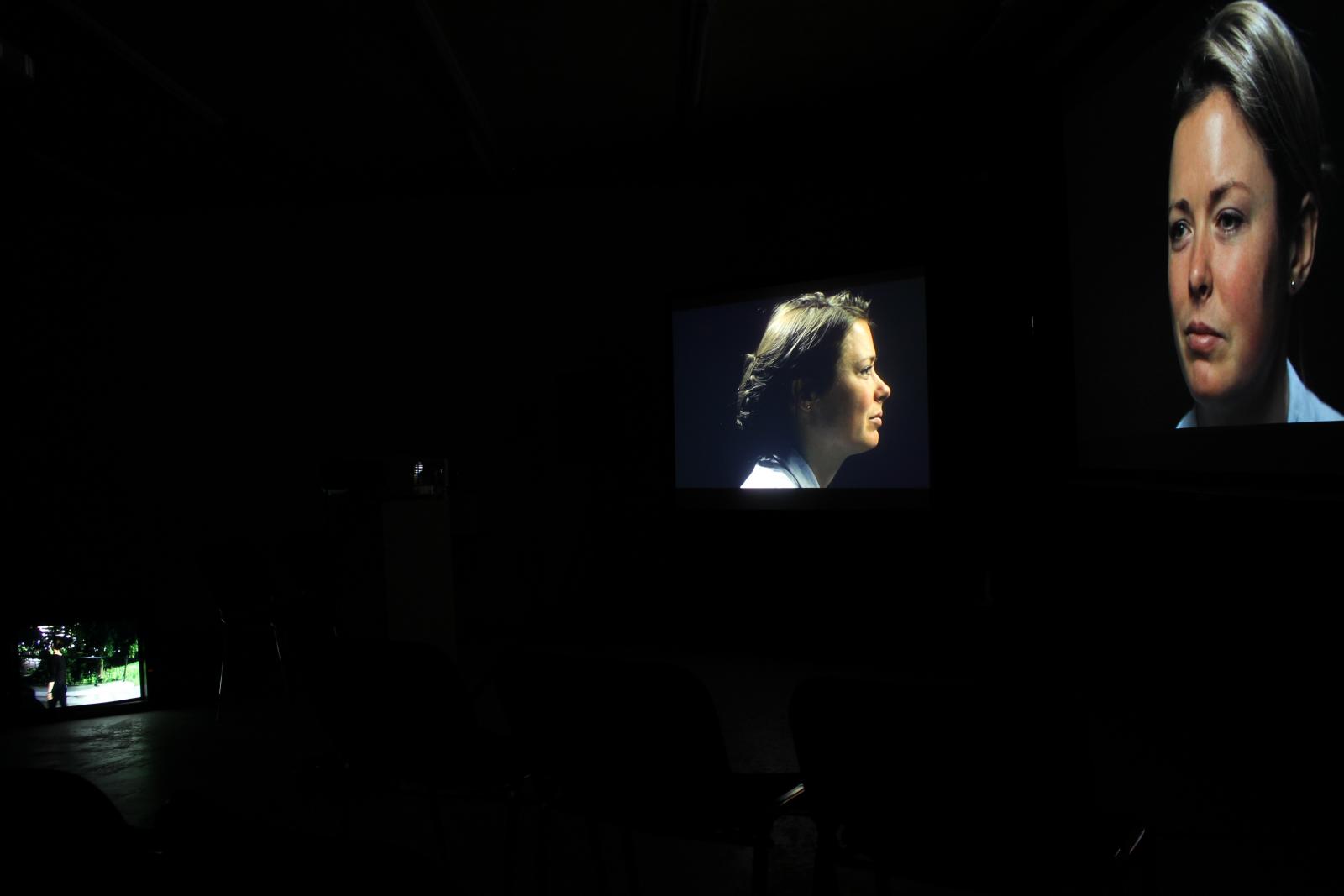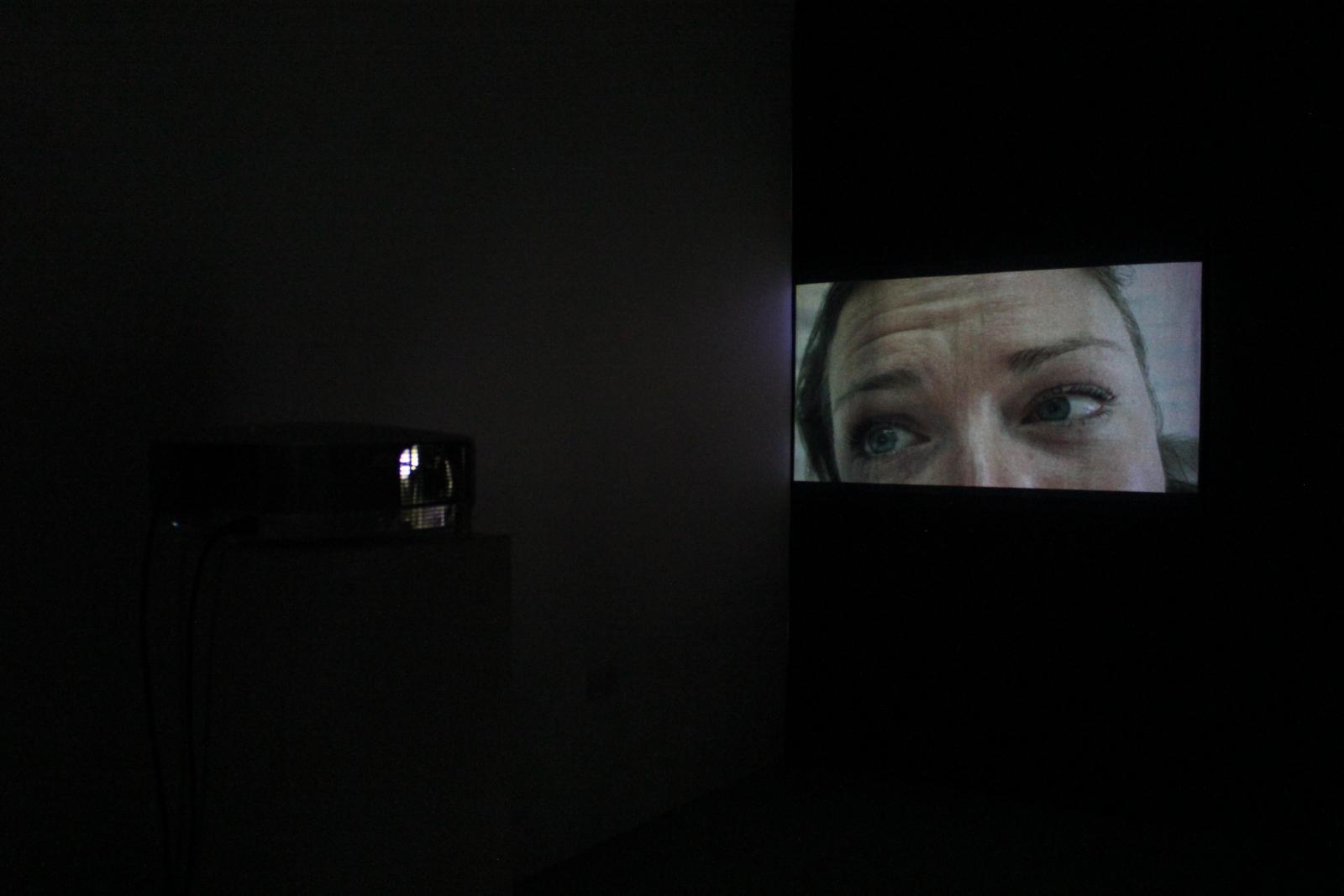Next: Alphabet of an Unknown City, N-Z
almost-thief
Señor, señor: What is your hand doing in my luggage?
(but because I have been in the country for only twenty minutes, I scramble the words, fishing out the Portuguese bagagem instead of the Spanish maleta, a Portuñol his face registers as a sarcastic grimace)
Señor: I am missing a credit card. What do you know about it?
(his nails are short except for the left index, digitus secundus, trigger finger, the tip extra-long and sharp; he has neatly perforated the upper seam of my wallet’s zipper)
Here, take my seat. I insist. So you don’t ruffle through anyone else’s belongings. Do us all a favor—
(onlookers staring; one baby stops crying and sits up straight in his stroller to take in the scene)
Señor, señor: Your look of disdain for me confounds logic
(he motions two curved fingers in screw-driver fashion at his head, the international sign for loco, hysterical, irrational; the lone word he says over and over is tonterías¹)
What am I looking at? What are you looking at?
(the train car makes a boom! when he punches the glass behind me on his way out, the clamor a sonic equivalent of “having the last word”; later in a taxi, where I can’t hold back from crying after the shock of overt confrontation papering covert thievery, the driver consoles me: “He probably wasn’t even Spanish, I’m certain he was a gypsy or Eastern European”)
Buñuel’s blind street musician
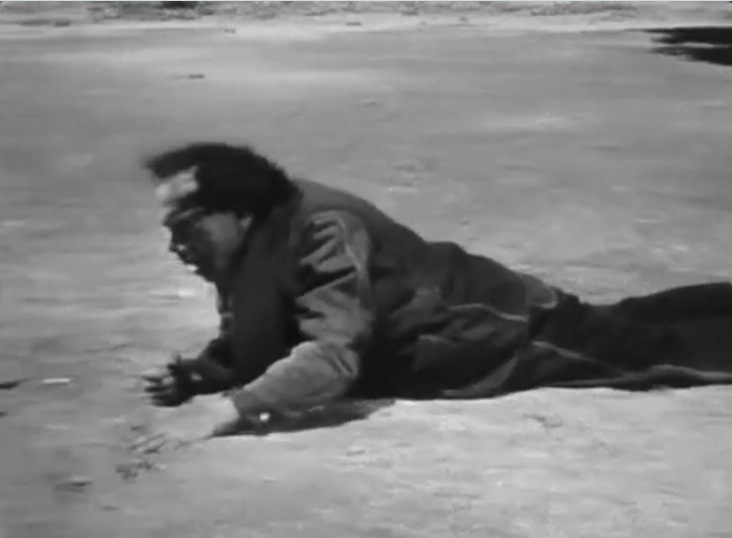
chicken facing the blind street musician
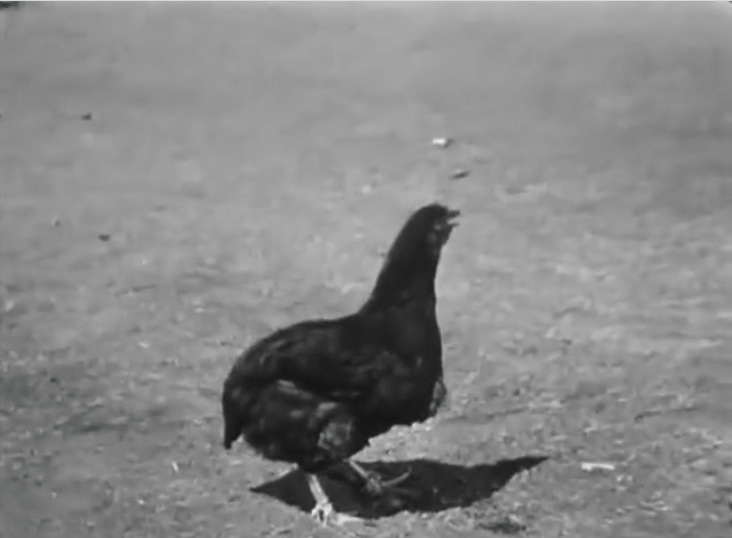
dance sociology
I am editing a four-channel video installation called Eva’s Face, a biographical solo narrated by a woman with Bell’s palsy.
(“Narrated,” mid-17th century, from Latin narrat- “related, told,” from the verb narrare, from gnarus “knowing”)
On a coffee break I watch an interview with Jérôme Bel from 2001 on YouTube. Though I have written about his work before I have never seen an image of him nor heard him speak. I watch closely and take screen grabs because Bel’s description of the human circumstance of having a body is pithy and resonant.
Bell’s/Bel’s | The synchrony doesn’t register until just now.
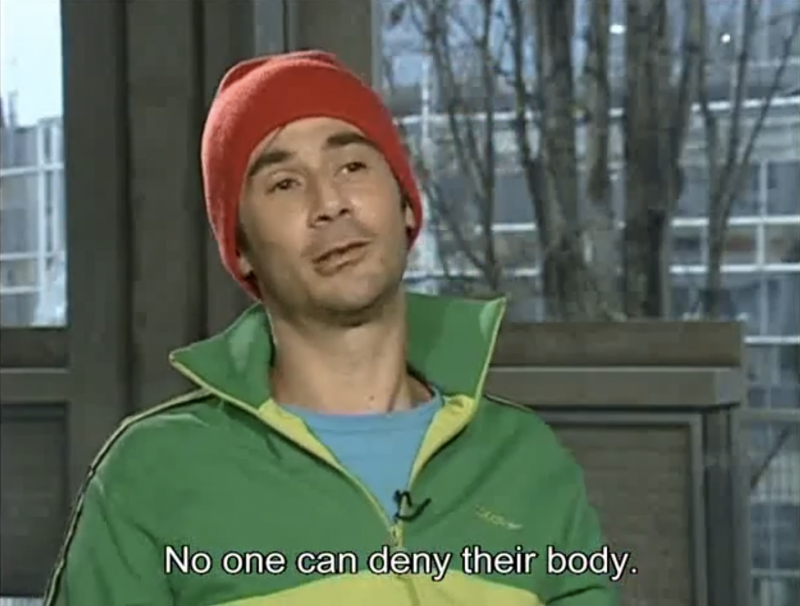
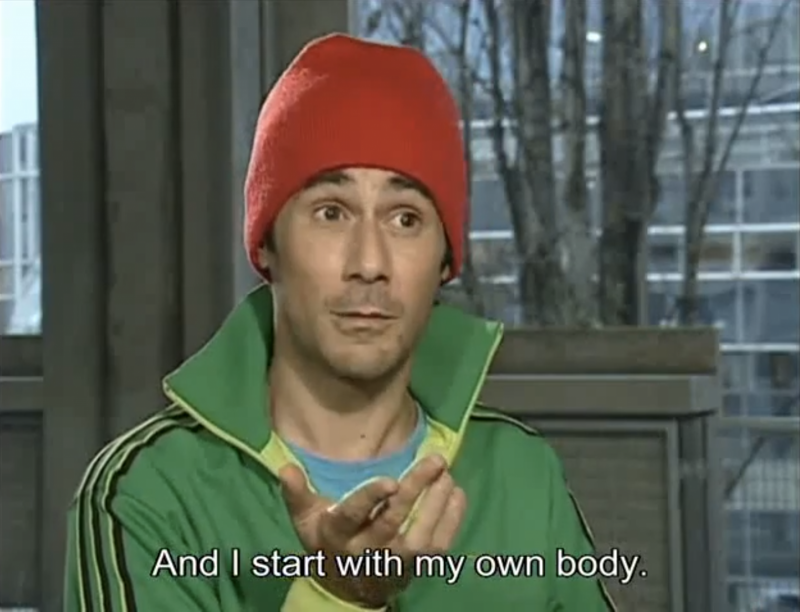
What can a body mean if it is not framed by sex and power? As one of his only canonical references Bel lists Lévi-Strauss’s Tristes Tropiques (a book widely known for its opening sentence, “I hate traveling and explorers,” as much as its contents), in which the body is mapped out as a culturally constructed habitus.
To problematize the body this way reminds me of Beckett (whose subject is language) who like Bel (whose language is the body) did not assume a default setting on grammar.
To walk, we must to a certain degree take the walking body for granted. To speak, we must to an even higher degree accept syntactical categories as inflexible. Bel and Beckett’s unraveling of these hardened factory settings is what I care about too, and what propels their work further than categories (conceptual, abstract, or whatever else) allow.
The dancer’s body is not heroic or sacred because of what it can produce. It is special because of the body’s awareness of itself as an instrument. “Drilling holes” to lay bare ordinary language—what Ann Banfield has written about Beckett— reminds me of Bel. “I ask: ‘Where on the body is there time and space?’” (e.g. the belly button as the scar of birth).
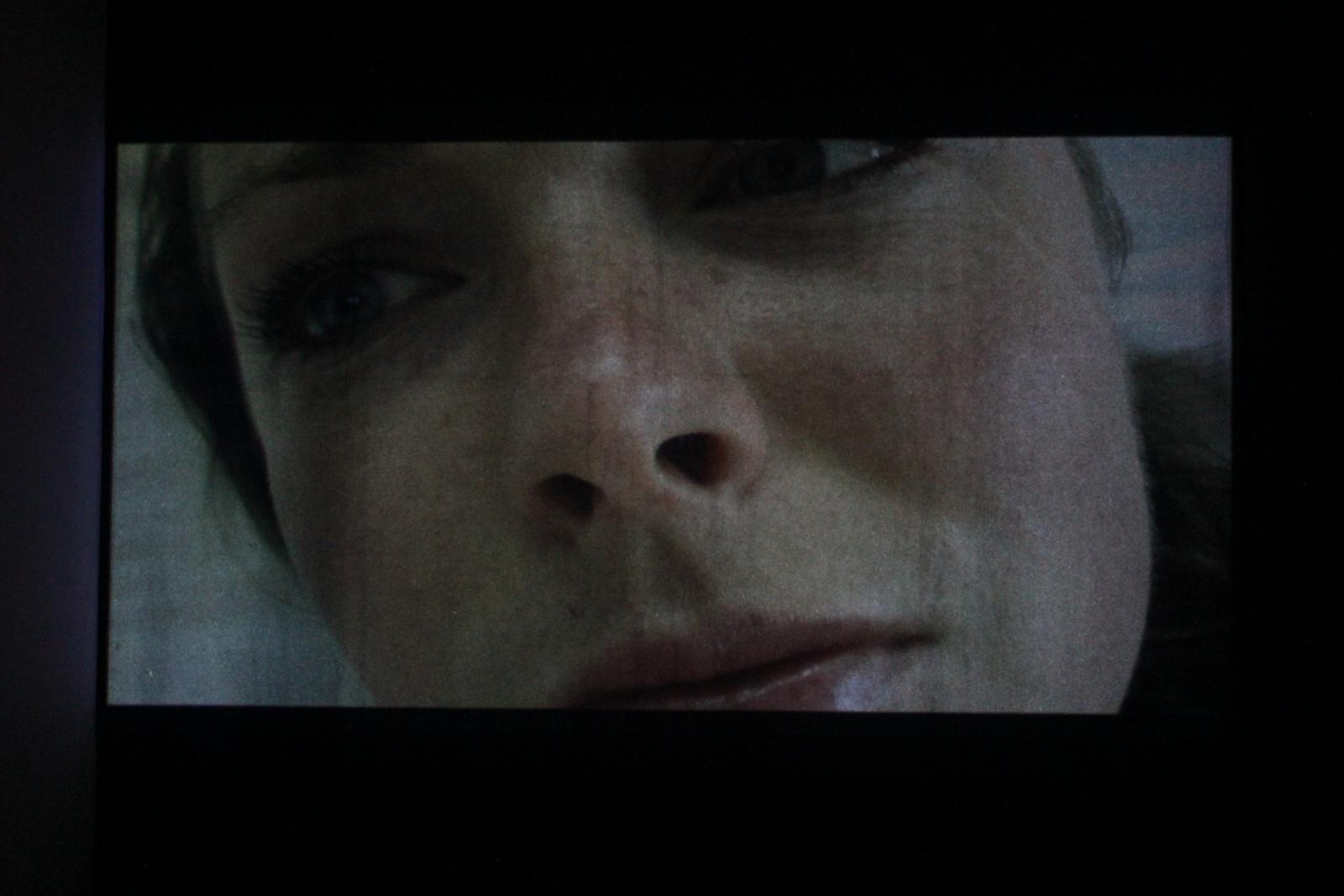
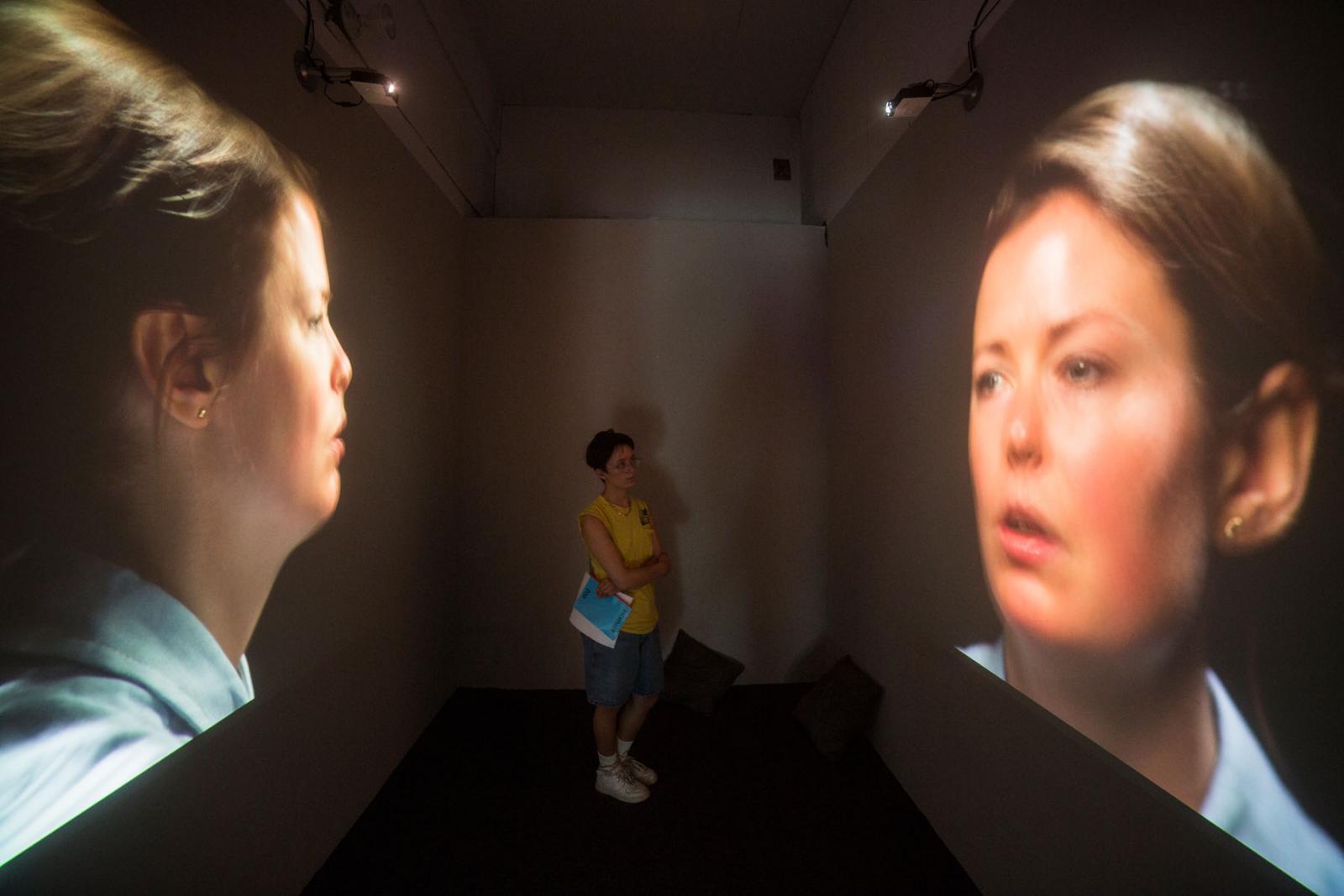
The experience of facial paralysis, Eva narrates, is a process of the face becoming aware of itself.
The face can never look back at itself. But a disordered face creates a new field of knowing, making turning-toward-itself possible.
Is it agreeable to describe palsy not by the superficial appearance of paralysis or frozenness but by inversion and rearview projection of the face toward itself?
exile
Someone on Twitter observed that “expat” is rich, Western, northern, and white, where “migrant” is cash-strapped, Eastern, southern, and brown.
There is nothing here I wish to dispute. The condition of migration is not like the weather, where rain is assumed to be wet everywhere. It should not be subject to flattening or universalizing.
But in its essence one wonders if there is a chasm where all the waywardness of cross-border movement falls.
Missed family dinners, the uselessness of pre-Euro bank notes, the easy familiarity of the neighborhood baker or fruit seller, etc. etc. etc.
flow
“Yesterday was the anniversary of the 1992 L.A. riots, which I was too young to register as anything beyond random violence, but the Seattle protests shook me and made me truly question CNN in 1999.
“Rancière has a theory of dissensus in which the police are an entity that distribute flow. ‘Keep it moving. There is nothing to see here.’ But as there is little room for gaps and sutures and leaks in his theory, in my work I’ve explored what it means to work inside these gaps and sutures and leaks.
“On the way here I read that a Starbucks is opening on West Florissant Avenue in St. Louis. West Florrisant is a place that Google describes as ‘devastation’ and ‘troubled.’ Of course, it is where Mike Brown was walking when he was shot...
“What was so chilling about the link I opened to this news item was that the Starbucks would become a sponsor of ‘youth activities’—a hub for young people to find jobs. It opens today.
‘It’s part of an initiative by Starbucks to push for economic development and social change in low to mid-income communities. A store opened earlier this year in Jamaica, Queens, New York, and more stores are opening on Chicago’s south side, Milwaukee, and Phoenix later this year. Each of the stores that are included in this initiative will include a classroom area where local nonprofits can conduct job-skills training courses for youth.’ (KSDK.com)
“It should come as no surprise by now that a corporate entity could so expertly work the cracks of the city, but this chilled me.”
(on a panel talk at Verso Books, 30 April 2016)
grid
The verb “quadrate” means to make square, or to conform or cause to conform.
In ecology, a quadrat is “each of a number of a small areas of habitat, typically of one square meter, selected at random to act as samples for assessing the local distribution of plants or animals.” It also refers to a “portable frame, typically with an internal grid, used to mark out a quadrat.”
A very, very, very large percentage of art, from formatted page to stretched painting to screenal video, is seen in a rectangle.
hacker
The use of unauthorized force access.
A headline for an article that crops up in one of my feeds says that next year is the year of bitcoin. I don’t know. The fact that it’s now written in lowercase instead of uppercase— just like internet used to be written as Internet—makes dispatches like this feel DOA.
A dictionary attack is an attempt to gain illicit entry to a system by using a dictionary headword list to generate possible passwords. To use the dictionary in an act predicated on potential violence must be the furthest most asymptotic limit of poetic license.
imminence dreams
That is the only way I can describe repeated night visions in which I become aware of my impending death moments before it happens.
For example, a burst of water shattering through the shelter of walls, and the knowledge that I will immediately and certainly die in the impact.
Or I for Iberia.
Or I for a graphic line dividing the center of a page. Somewhere between Castile | Catalonia.
“At his swearing-in ceremony,” I read, “Puigdemont refused to pledge his loyalty to the Spanish Constitution and the monarchy. To add insult to injury, the portrait of King Felipe was covered with a veil.”
Joan Brossa
My ancestral friend! Mirages of insects. The verbal & visual arts forming a coalition government. Video. The letter S for “South.”
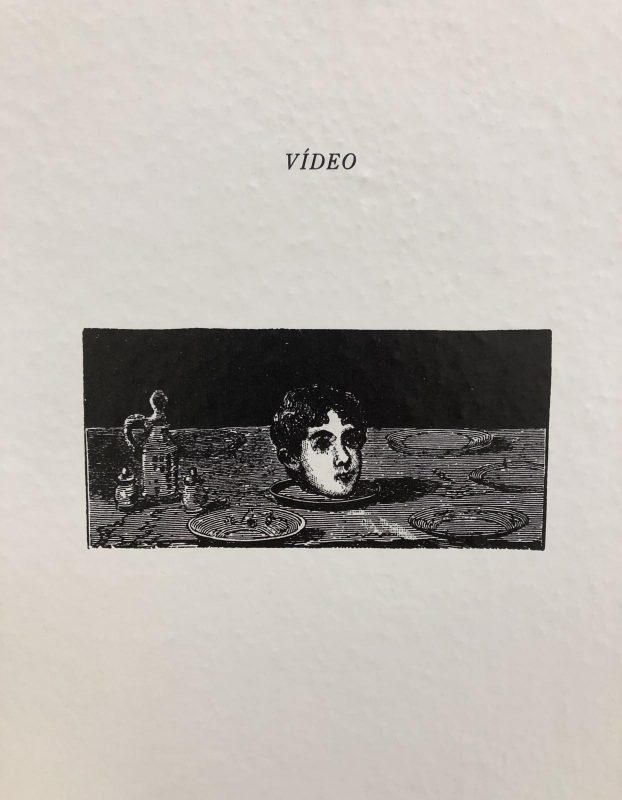
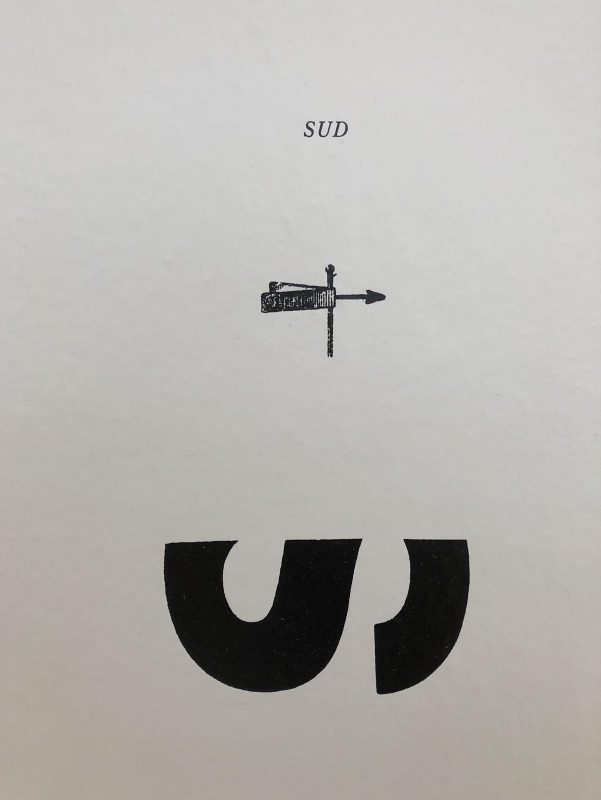
kino-civitas
A phrase I invented today. It means:
la mirada en la ciudad;
the composition of vision in public dominion;
the choreography of the eye in the cosmopolis.
love
It’s beginning to be impossible to write about how impossible it is to write about love.
Somewhere in my notes on Rollo May’s Love and Will I have jotted down the word “intentionality, pp 226.”
May manages to use Immanuel Kant—who I am 99% sure died a virgin—to underscore the constitutive nature of knowing and love, because for Kant the human mind was an “active, forming participant in what it knows.”
What if this were applied to mutuality—that love forms principally in the recognition of the other (‘your pheromones drive me crazy’ / ‘I need to hear you come to come’). And the inverse, too, that the “self” recomposes itself in the recognition of the other in the act of love.
MasterChef Junior España
I watch the openness of their facial expressions alchemize between disappointment; pride; amusement; embarrassment; in the boys, a learned testosteronic bravado; in the girls, a tendency toward communalist morale-boosting.
When one of the contestants is “kicked off,” “sent home,” or “eliminated,” a girl says tearfully, “I don’t want Diego to leave.” Another girl, around seven years old, sits in the lap of host Eva González, a former representative of Spain in the Miss Universe pageant, likely no stranger to the echelons of competition herself, and wipes her tears on the back of balled-up fists.
I do further research and learn that in 2017, an eight-year old British boy named Oscar Jefferson (called Jefferson “to make it clear he is British”) moved with his family to Costa del Sol in 2015, learned Spanish, and became the first British contestant on the show. Jefferson’s tearful reaction to the breakdown of his fish and chips dish in the semi- final went viral in Spain. The televisual public, in a fit of Iberian xenophilia, had previously voted him back on the show after an early send-off. Now they tweeted messages of encouragement and support.
The Youtube clip of MasterChef España Season 4 Episode 5 is titled as a Baroque painting: Las lágrimas de Jefferson.
